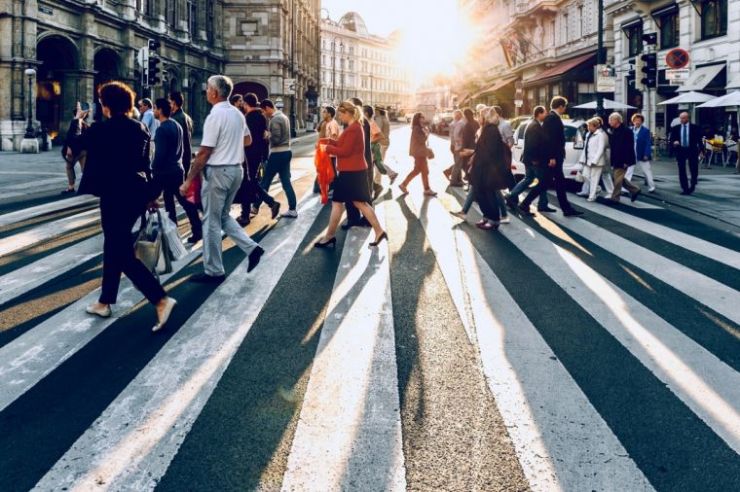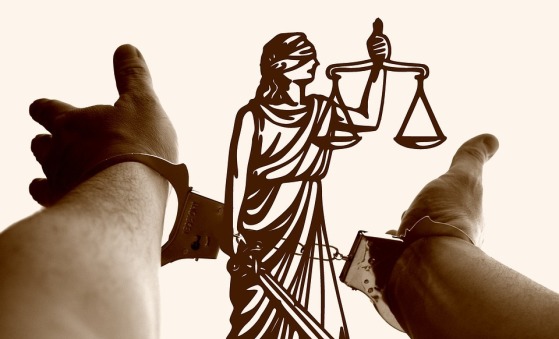
Ever feel like life is just going too fast? Ever feel like the well-meaning people telling you to take some rest don't have a clue? Ever feel like the only way to get through is to speed up and work harder and that there is no end in sight?
Welcome to the modern world!
A couple of weeks back life was a bit mad. We are in the middle of building work and had no heating. A new initiative at work was starting to feel impossible to deliver. And to top it off I had committed months before to speak at a friends church in Bristol that weekend.
So what happened? Well, we cut out things we could cut out. Lots of people helped with stuff like meals. God spoke through into the craziness when my wife Louise's daily Bible reading provided the perfect conclusion to my talk. Then we got back and the new boiler was working. Once again, God had shown his grace and faithfulness.
Within all that, though, I knew there was something more. Something more than giving thanks, taking a deep breath and charging forth again.
During that manic week, one of the things I felt that God had told me is that he is not a frantic God. And as God wants me to be like him, he doesn't want me to live a frantic life. It's not that there won't be spikes of busyness but that he wants better for me than a life of fretting and fixing.
To slow down and occasionally to stop altogether appears counterintuitive in a world where there is always something to do. The question is: how much are we actually getting done running at full speed and what is the cost?
My favourite quote is not well known or snappy. It's from a book called 'Gods That Fail', written by Vinoth Ramachandra about idolatry and the tendency that we have, whether believers or not, to make things into gods that we worship and follow.
He writes: 'The people of the modern West are better fed, better housed, better equipped with health care than those in any previous age in human history. But, paradoxically, they also seem to be the most fearful, the most lonely, the most superstitious, and the most bored generation in human history. All the labour saving devices of modern technology have only enhanced human stress, and modern life is characterised by a restless movement from place to place, from one 'experience' to another, in a frenetic whirl of purposeless activity.'
What's he saying? I think he's saying that an ever quickening modern lifestyle based on the goal of getting more and more stuff is bad for us. One key thing to note is that this was written 20 years ago before the avalanche of the internet.
When Louise left teaching in 2002, no one in school was using email. When she returned a decade later, computers ruled. One Sunday, whilst out for a walk, her day was ruined when she read an email from her Head of Department.
When the quote was written, mobile phones were new and smart phones were not a thing. Now our lives are ruled by our pocket computers (pauses to check notification). We'd be lost without them but are we happier as a result?
There are a number of times in the Bible when God tells us to stop and take a different view. During my mad week I had my monthly lunchtime prayer meeting at work and someone shared words from Psalm 46, which tells us to 'Be still and know that I am God'.
This is saying that whatever we face, God is bigger, big enough to deal with whatever is on our plate. I am reminded of the time Jesus said 'Be still' – he said it to the wind and waves in the middle of a terrifying storm and they were stilled (Mark 4).
My sense is that when we are lost in the busyness of life, much of it becomes the purposeless activity Ramachandra speaks of. Leisure becomes about fads and FOMO. People work long hours without time to reflect whether they are actually doing the right things in the right way.
I walk to and from work and one of the symptoms of the age is people not looking where they are going because they are glued to their phone. Our phones promise to expand our worlds when in fact they make us inward looking and unaware of what's around us.
The first step to getting off the treadmill is to recognise that we are on it, that we need to put our phones down, look up and choose to stop.
Just stopping for a moment can be transformative – try it! We give space for our brains to stop whirring, for our breathing to slow, to feel a calm descend, perspective to start to settle – to see that 'the thing' we are obsessing about will get sorted and that in fact we have much to be thankful for.
At work during that hectic week, I had a few quiet minutes in the work 'calm room', a quiet space to allow people to stop when they need it. On the wall is the picture of a waterfall and as I looked at it, God reminded me not just that he is my source but that his resources keep coming. Where I have a static view of life and get anxious about whether there is enough time, money, support etc. to deal with what I am facing, he tells me that his resources will keep flowing. As he proves this, he fulfils the part after 'Be still and know that I am God', where he says 'I will be exalted'.
In other words, God will show his goodness.
When I was writing my book I tried to capture this promise to find ourselves in God: 'For me the bottom line is this - when all is quiet and still, when all the busyness stops, what is left is me and God. And as I embrace God, everything shifts into place. I steady like the bubble in a spirit level, I find my peace, my refuge, my guide. Everything else in this frenetic world can be seen for what it is – so much froth and bluster. All that is man-made, short-term and shallow fades in the presence of the one who made it all. And there is nothing better.'
The challenge for me is not just to run back to God when it becomes all too much but to choose to start with him.
Dave Luck is the author of 'What Happens Now? A journey through unimaginable loss' and blogs weekly onwww.daveluckwrites.co.uk. Follow him on Twitter @dluckwrite or on Facebook at the 'Daveluckwrites' page.




